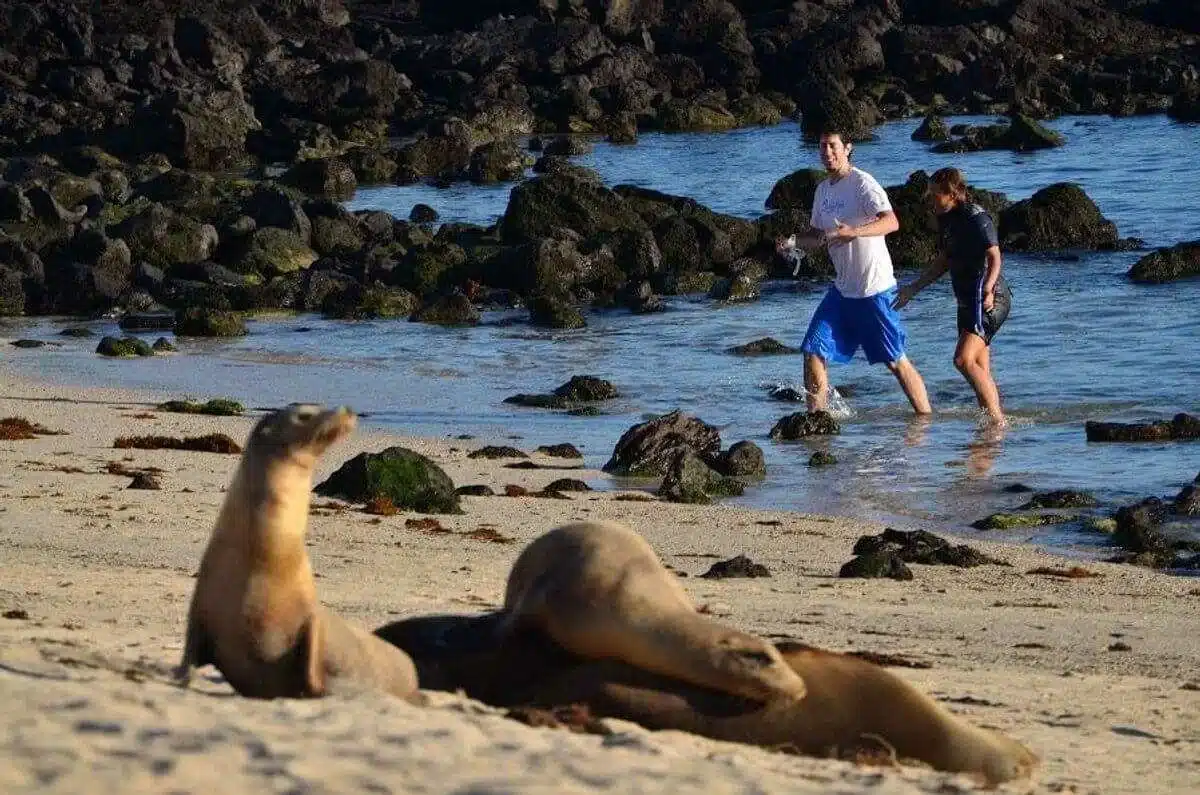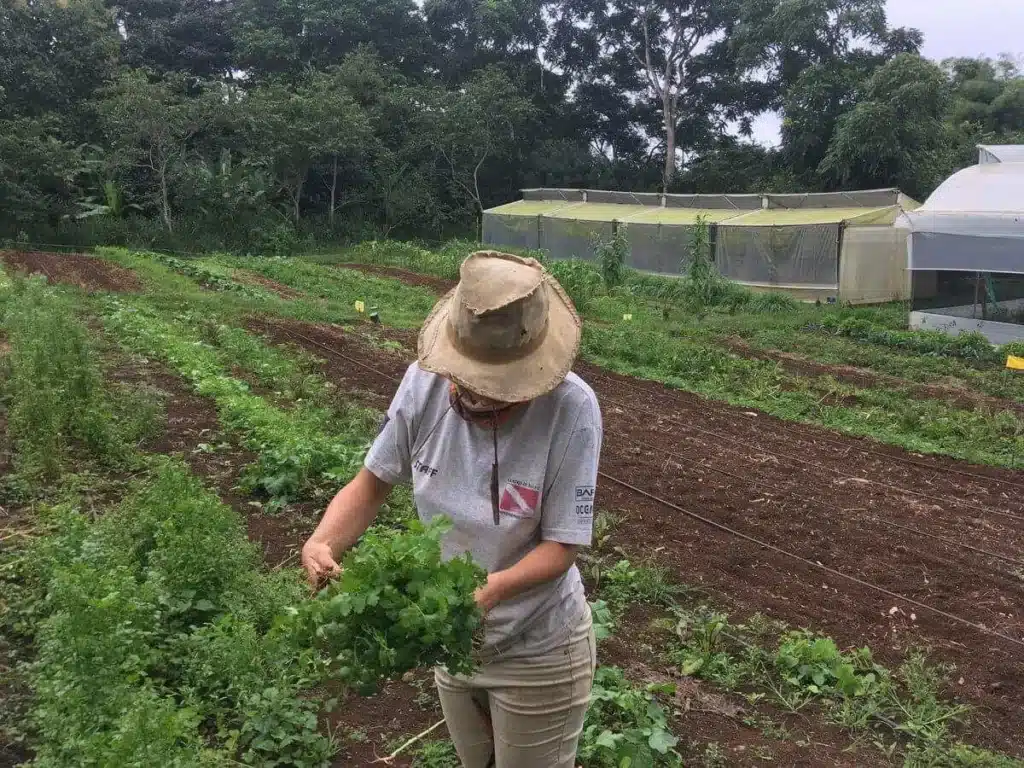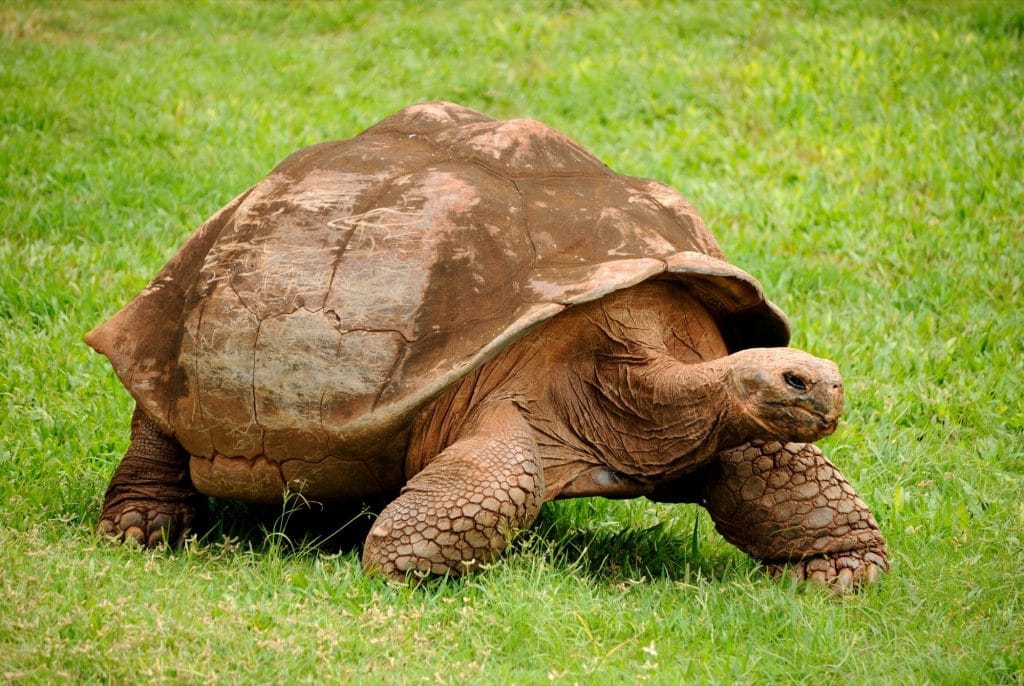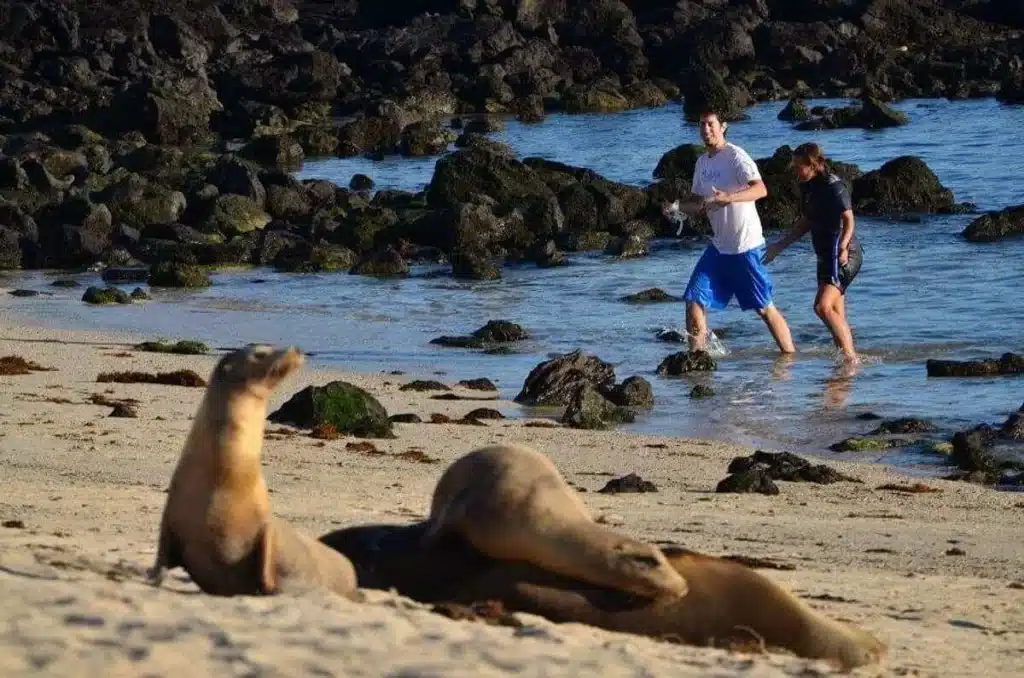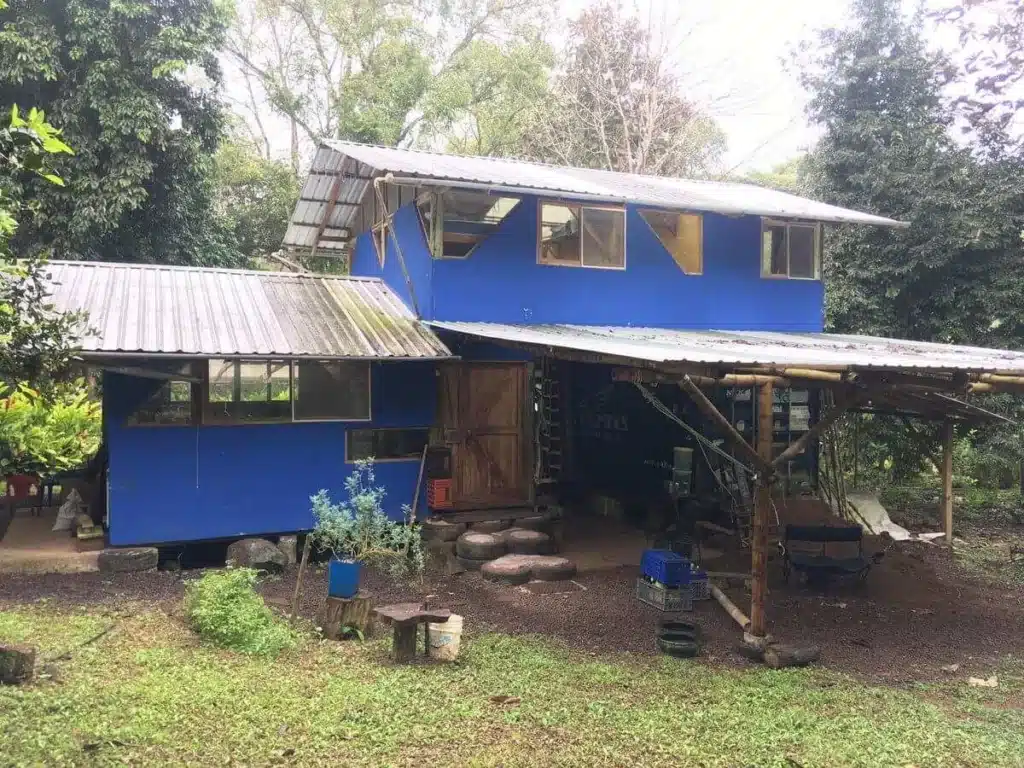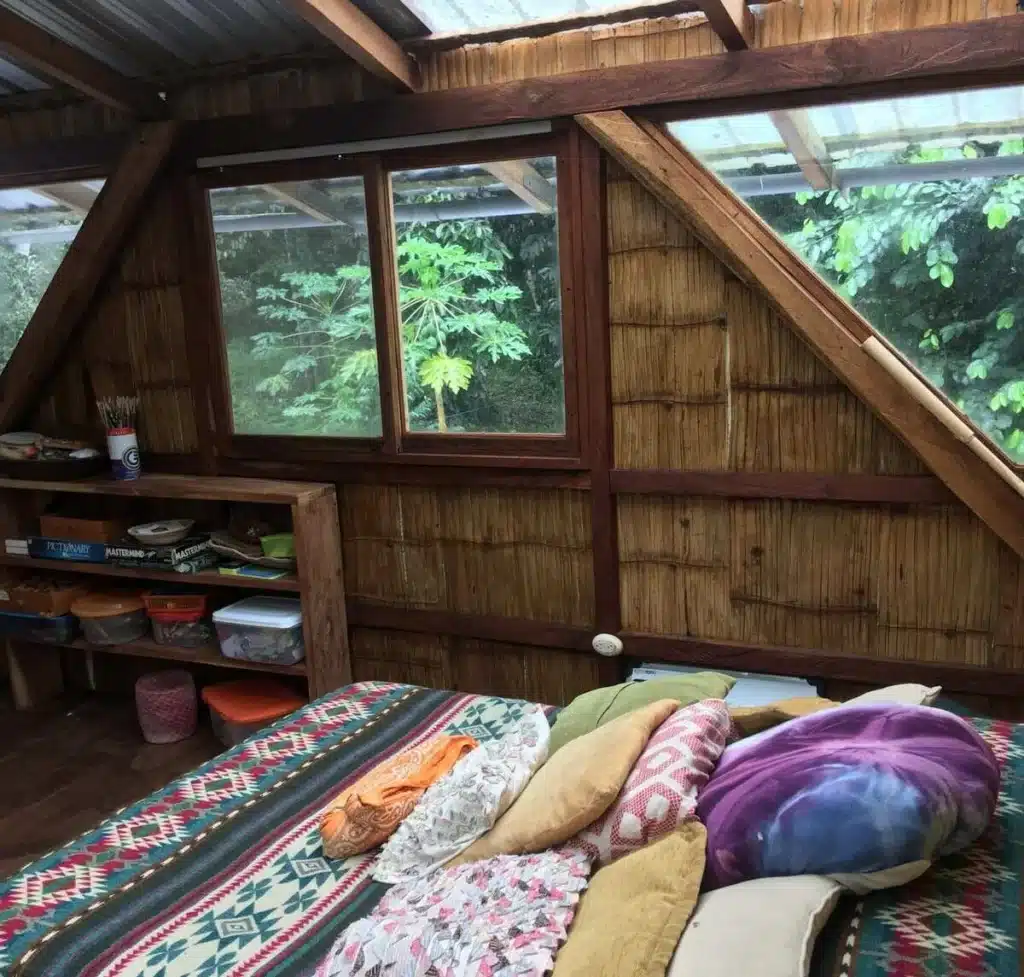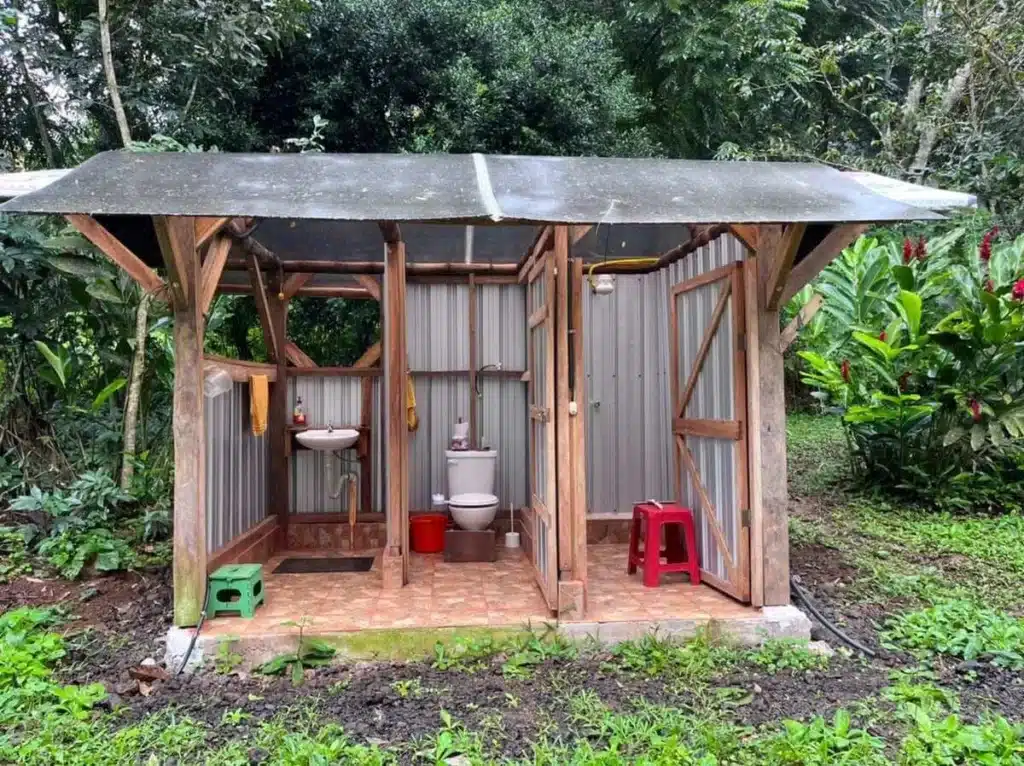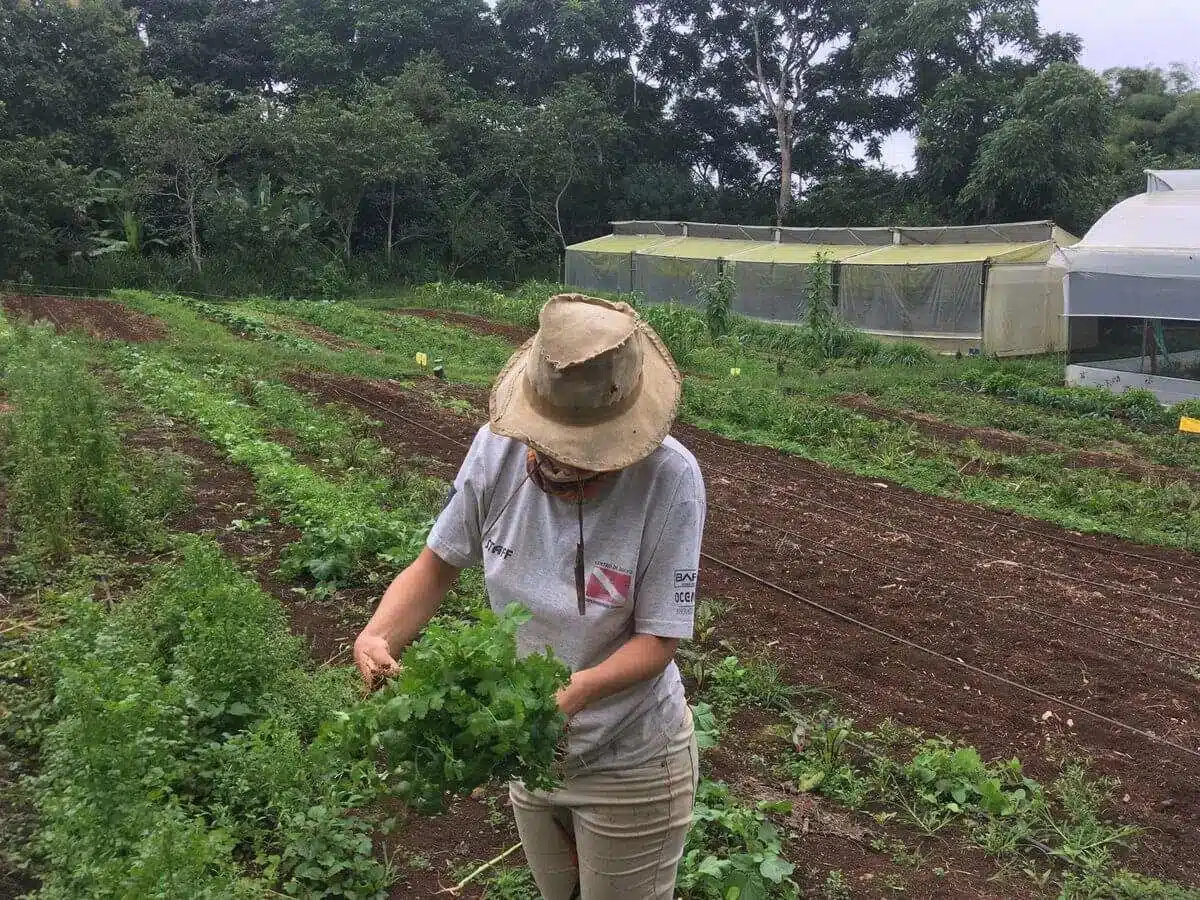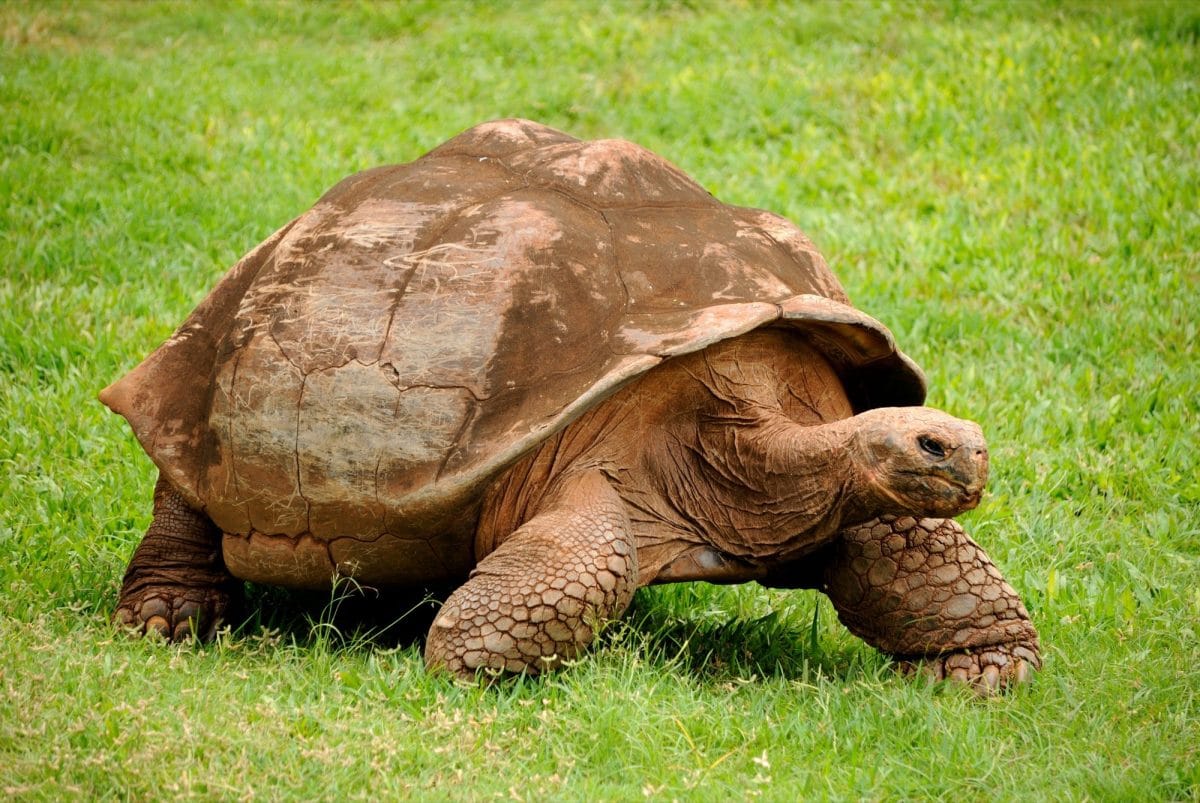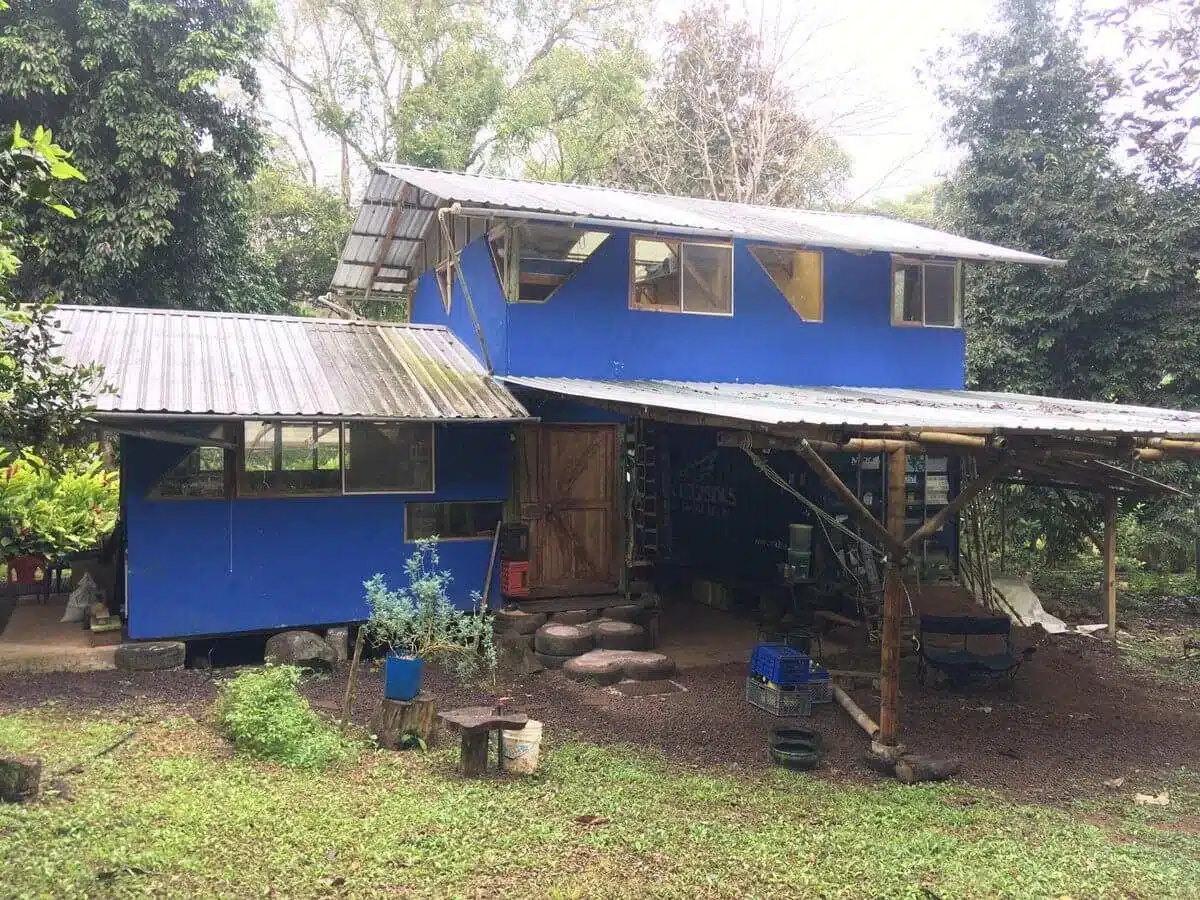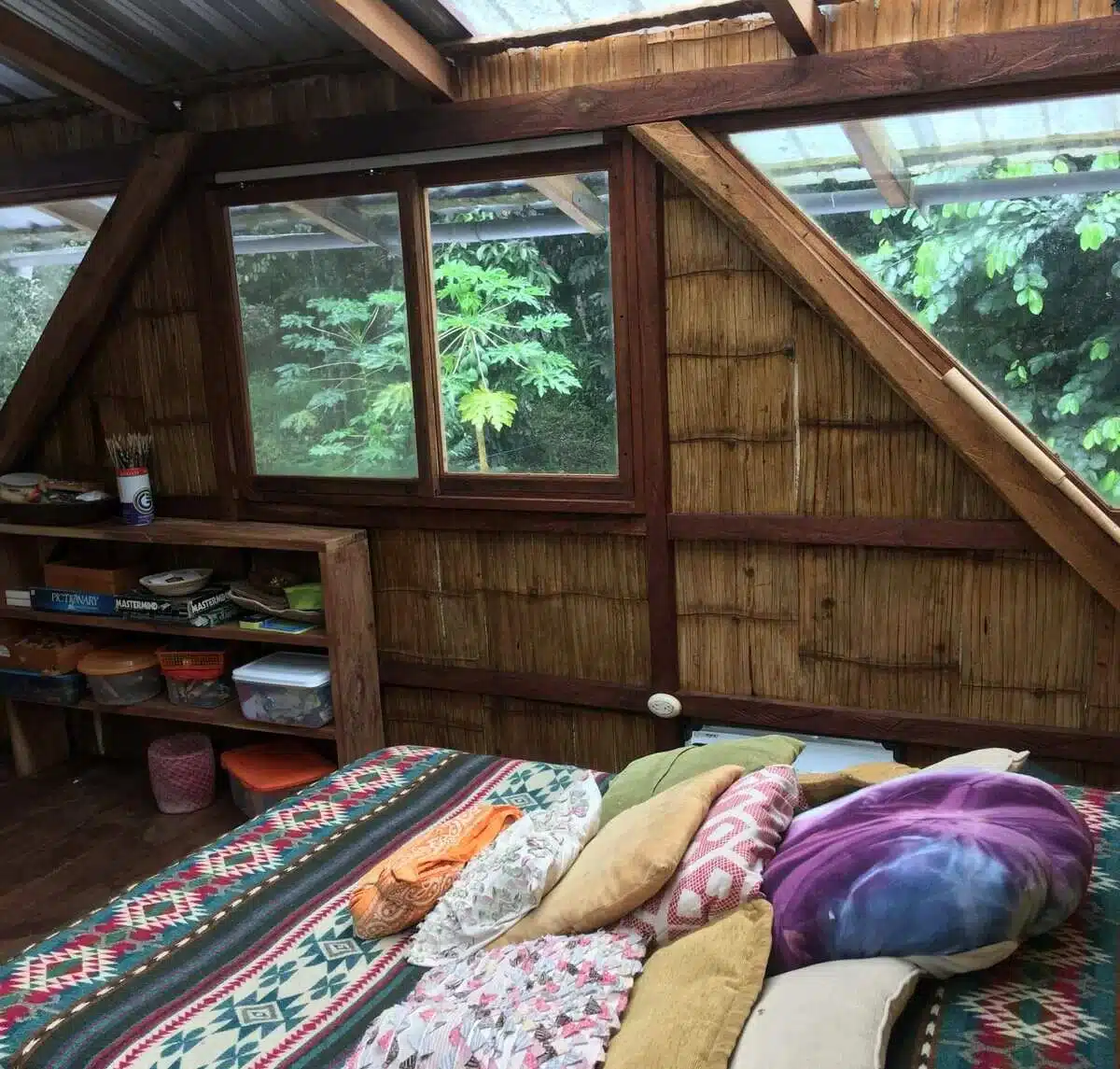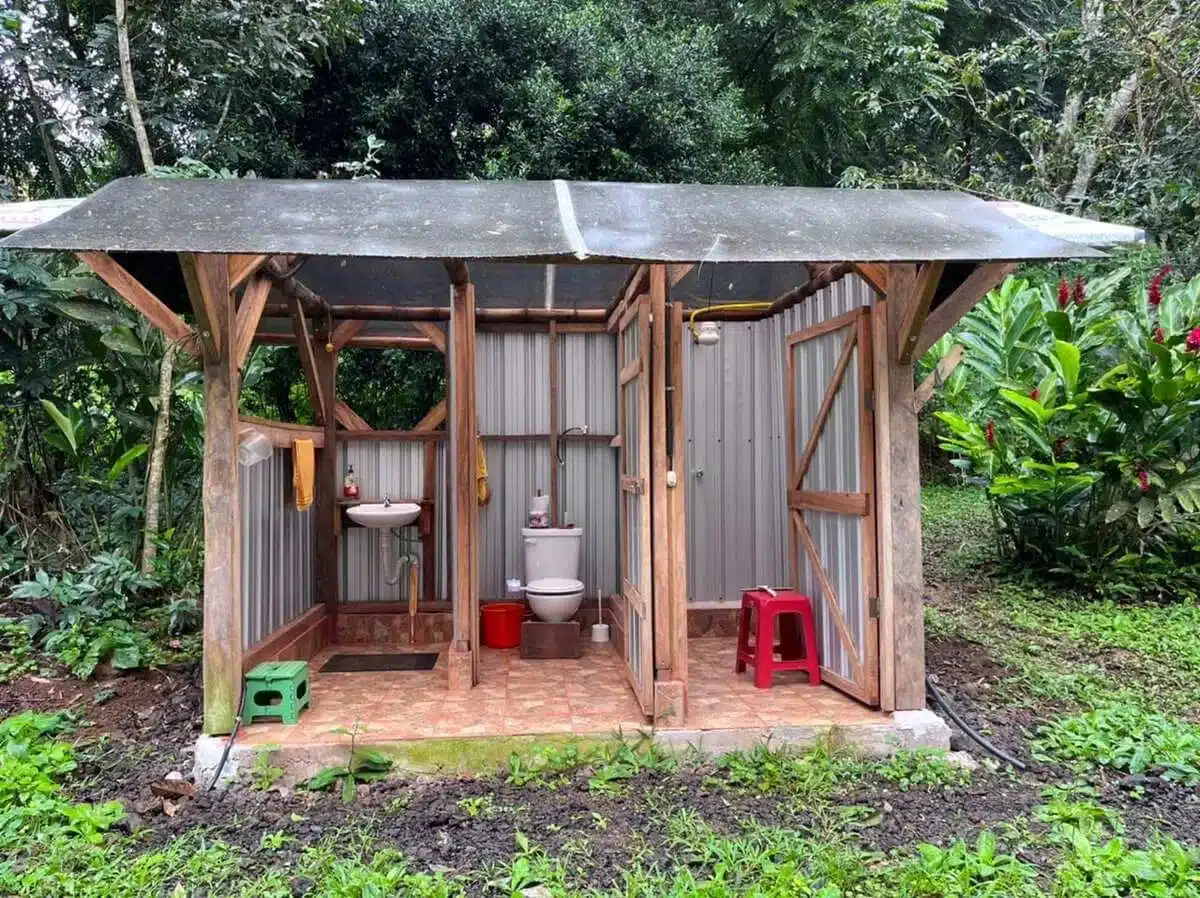Les îles Galapagos ont un écosystème fragile confronté à de nombreux défis dont l’invasion rapide de plantes qui détruisent l’habitat naturel. Parmi ces plantes invasives nous comptons les muriers, les goyaviers et le sureau qui tapissent une grande zone des Galapagos et créent une menace importante pour la flore et faune natives de l’île. Ces plantes invasives se répandent non seulement sur les terrains privés, qui ne constituent qu’un faible pourcentage de l’île, mais également dans les zones du parc National des Galapagos. Toutes les missions d’écovolontariat sélectionnées ici.
Préserver les espèces endémiques des Galapagos
La mission d’écovolontariat au Galapagos se déroule dans une ferme, créée par une famille. L’objectif de cette ferme est de pratiquer une agriculture 100% biologique et durable en développant la permaculture. Sa mission est également de partager son expérience avec les autres agriculteurs de l’île. En effet, les propriétaires de la ferme développent des projets pour permettre aux communautés locales de participer, ensemble, à la protection de l’environnement.
Les fermes partenaires aux Galapagos travaillent main dans la main avec le parc National car la majorité de leurs terres sont frontalières. Il est donc important pour les communautés de participer à la restauration des terres afin d’offrir un habitat propice à la bonne santé des espèces endémiques aux Galapagos et des tortues géantes. Le terrain d’action de la ferme s’étend sur 24 hectares.
Rôle des écovolontaires au sein de la ferme
- Remplacer les muriers et les Tupi Rosa par des espèces natives dans le but de préserver l’habitat naturel des espèces natives ;
- Aider les fermes environnantes à développer des techniques de permaculture (agriculture durable)notamment la culture du café organique et sa récolte segmentée. La récolte se fait de manière alternée. Lorsqu’une zone est prête pour la récolte, l’autre zone est en pousse. Cependant, les deux zones ont besoin d’être entretenues et nettoyées toute l’année ;
- S’occuper des animaux de la ferme : Aider à la traite des vaches pour fournir du lait à la famille, nourrir les poules, les canards et les cochons et participer au nettoyage et à la maintenance des étables ;
- Reforestation : remplacer les espèces de plantes invasives par des espèces natives
- Restaurer les sentiers et les chemins de terre ;
- Travailler dans la pépinière du Parc National des Galapagos. Faire pousser et nourrir les plantes natives de la pépinière et ensuite les planter dans un lieu permanent ;
- Participer à la culture des plantes et les couper pour fournir des aliments aux tortues des centres d’élevage du Parc National des Galapagos.
L’emploi du temps dépend des besoins et des projets en cours. Le plus souvent, les volontaires travaillent du lundi au vendredi de 8h00 à 13h00. Ils peuvent profiter de leurs après-midi et des week-ends pour voyager et explorer les îles Galapagos. Les journées sont longues. Les écovolontaires doivent donc être préparés à travailler sous la chaleur et toujours en extérieur.
DATES : Toute l’année
DUREE : de 2 à 12 semaines.
| Durée du séjour | Tarif | |
|---|---|---|
| 2 semaines | 2316 € | |
| 3 semaines | 2982 € | |
| 4 semaines | 3648 € | |
| 6 semaines | 4980 € | |
| 8 semaines | 6362 € | |
| 10 semaines | 7744 € | |
| 12 semaines | 9076€ |
Inclus
- Accueil aéroport et transfert vers les projets
- Logement
- Pack d’information
- Ligne d’urgence 24h/24
- Draps de lit
- Frais d’inscription et donation pour le projet
- Repas sur le projet
Non inclus
- Repas les week-ends
- Laverie
- Wifi (nombreux cybercafés sur les iles)
- $100 de frais d’entrée au Parc National des Galapagos.
- Vols international et vols Quito/Guayaquil vers Santa Cruz
- effets personnels
- Assurance voyage
Mission éligible à une déduction fiscale*
La mission éducative de l’association partenaire et ses engagements pour le développement environnemental et social font qu’elle est considérée comme une association dite d’intérêt général. Par conséquent, les personnes qui participent et contribuent aux projets ont la possibilité de déduire jusqu’à 66% des sommes engagées de leur revenu imposable.
Logement et repas
La semaine, vous êtes logés à la ferme et le week-end dans une auberge à Puerto Baquerizo.
A Puerto Baquerizo, pour le week-end, l’hébergement se fait en dortoirs partagés non mixtes. Les repas ne sont pas compris mais vous avez accès à une cuisine.
La semaine, à la ferme, vous êtes hébergés dans la ferme familiale, une construction rustique construite avec des matériaux recyclés. La chambre est mixte et dispose de 3 lits. La semaine, les repas sont construits.
Le séjour en Écovolontariat est l’occasion de découvrir un endroit mythique. Les Galápagos offrent de nombreuses possibilités : plongée libre avec des lions de mer, les tortues, les iguanes ; Promenades impressionnantes au Cerro Tijeretas ; Location de vélo pour explorer l’île. Pendant le week-end, vous profiterez des belles plages de Puerto Baquerizo Moreno.
Tous les avis sur les missions Freepackers

L’association partenaire
Le partenaire est une association loi 1901 déclarée en France, dont la mission est d’encourager la participation à des projets de développement éthiques et durables. Elle met en relation les ONG, les associations d’action sociale ou les structures gouvernementales avec des volontaires. Elle favorise les voyages solidaires et participatifs. Le partenaire est certifié WYSE Travel Confédération Member. WYSE est une organisation mondiale à but non lucratif représentant les acteurs du voyage jeune et du voyage étudiant à travers le monde. Il est également membre de la commission AFNOR pour l’élaboration de la norme internationale sur le tourisme responsable, membre du comité de mobilité internationale, certifié spécialiste Australie, accrédité par le groupe international ICEF, membre de l’EAIE (Centre européen d’expertise, de mise en réseau et de ressources pour l’internationalisation de l’enseignement supérieur) et membre du réseau travel4impact Network. Toutes les missions avec Freepackers

